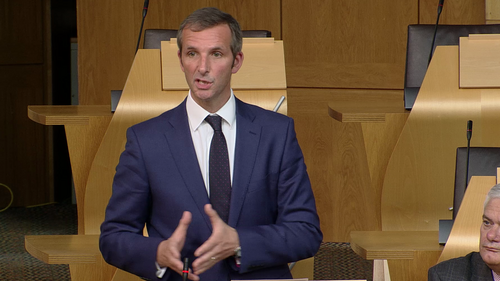Scottish Government making scant progress in reducing building emissions

Scottish Liberal Democrat climate emergency spokesperson Liam McArthur has today accused the Scottish Government of making scant progress on heat emissions from buildings and called for a massively expanded national insulation programme to cut bills and emissions.
According to the Scottish Government’s new Heat in Buildings: progress report 2023 published today, during the 2022/23 financial year, government programmes made over 8,000 fuel poor households warmer and easier to heat, and installed over 5,100 zero direct emissions heating systems in homes.
However, the Scottish Government’s own estimates suggest that as of 1 April 2022, 874,000 households are in fuel poverty including 593,000 in extreme fuel poverty. At the current rate of progress it would take more than 100 years to help every fuel poor household.
Likewise, the Scottish Government’s target is to remove fossil fuels from heating in more than one million homes by 2030, suggesting the current rollout of zero direct emissions heating systems is grossly insufficient.
Commenting on the report, Liam McArthur said:
“In a report like this, a little honesty would go a long way. Beneath the rosy tone, the reality is that Scotland is making glacial progress in reducing heat emissions from buildings. At the current rate, it will take more than a century just to help the households in most need.
“This is important because around 20% of Scotland's carbon emissions come from heating buildings.
“If we are to meet our emissions reduction commitments, we need to move much faster.
“Installing more efficient methods of heating and insulation is a win-win because not only does it reduce our emissions but it will help to bring down energy bills too and make us less dependent on foreign imports”.
